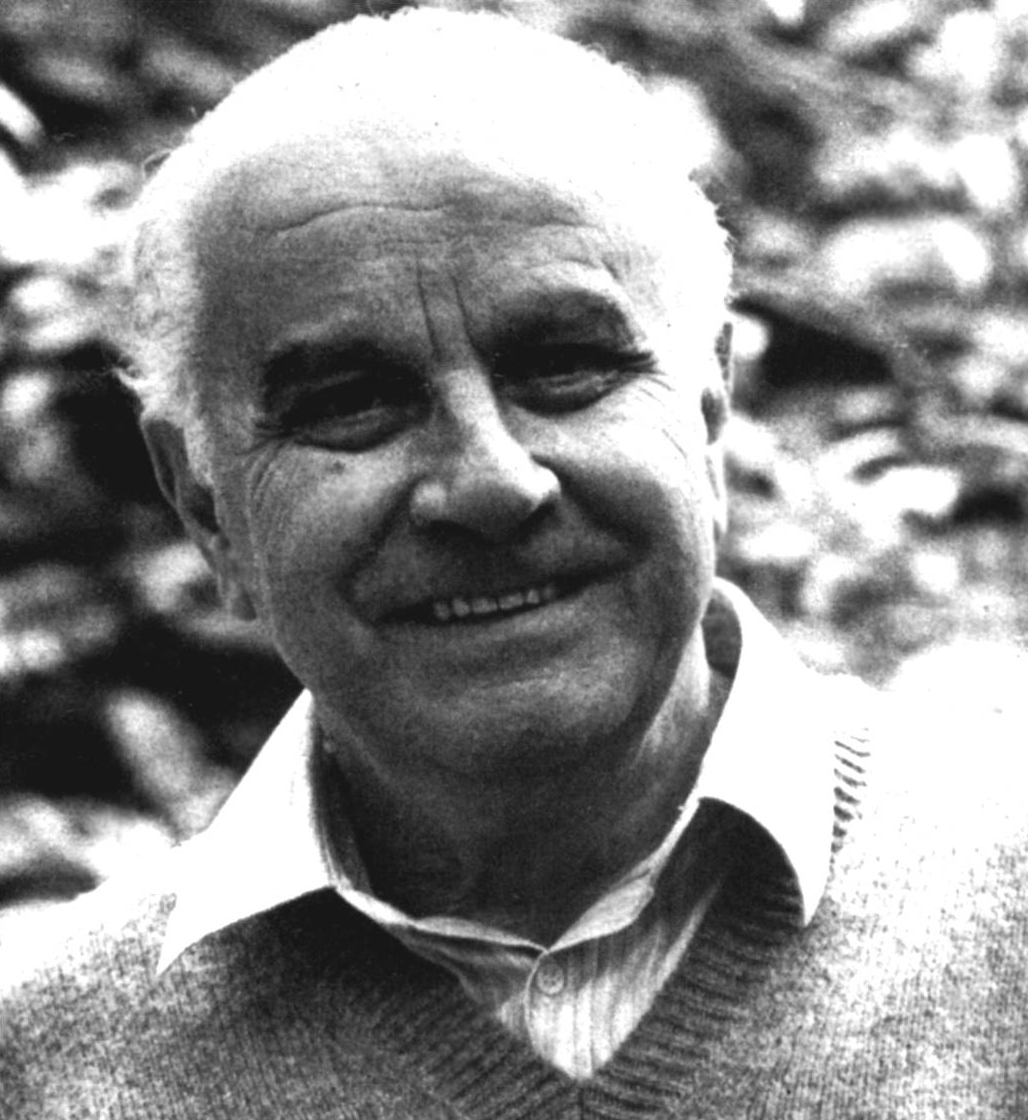Our Project Approach

Loris Malaguzzi was the founder of Reggio Emilia. Source: reggiochildren.it
At Josiah, projects designed for the children are built upon the Reggio Emilia principle. Developed by a psychologist named Lori Malaguzzi, this approach was born out of a movement for progressive and cooperative early childhood education.
Collaborative Learning
Reggio Emilia approach to early childhood education makes a substantial emphasis on collaborative projects – Project work, or ‘progettazione’ in Italian. It is an integral part of the curriculum at Reggio Emilia schools.
Usually, Project work is something most students encounter at school or later at the university. However, there is no reason why the children cannot take on projects at a much earlier age. It could be a valuable way for kids to learn new things and present what they have already learned to their parents, teachers, and their peers.
Children who are exposed to project work in the early stages of their lives tend to exhibit better command of creative tools and instruments, which can be used throughout their academic journey. They easily proceed from exploration to representation, which has a positive impact on their development in later learning years. Projects also effectively expand children’s vocabulary.
“ Creativity seems to emerge from multiple
experiences, coupled with a well-supported
development of personal resources, including a sense
of freedom to venture beyond the known. “
Loris Malaguzzi
The Hundred Languages of Children
Elements of Project Approach
The project framework at Reggio Emilia has a number of distinguishing features and elements based on the Reggio Emilia philosophy.
-
- Cherishing children’s interest
-
- Holistic approach
-
- Symbolic representations
-
- Guided exploration
-
- Multi-modal learning
Reggio Emilia approach is oriented at raising children as creative thinkers and self-motivated explorers. Introduced to the children at a tender age, project work helps them to develop connections between primary activities. Some primary activities include playing, exploring, and expressing of oneself. It encourages curiosity and active approach to learning. Children ponder meaningful questions about the big world and generate new ideas to answer them.



